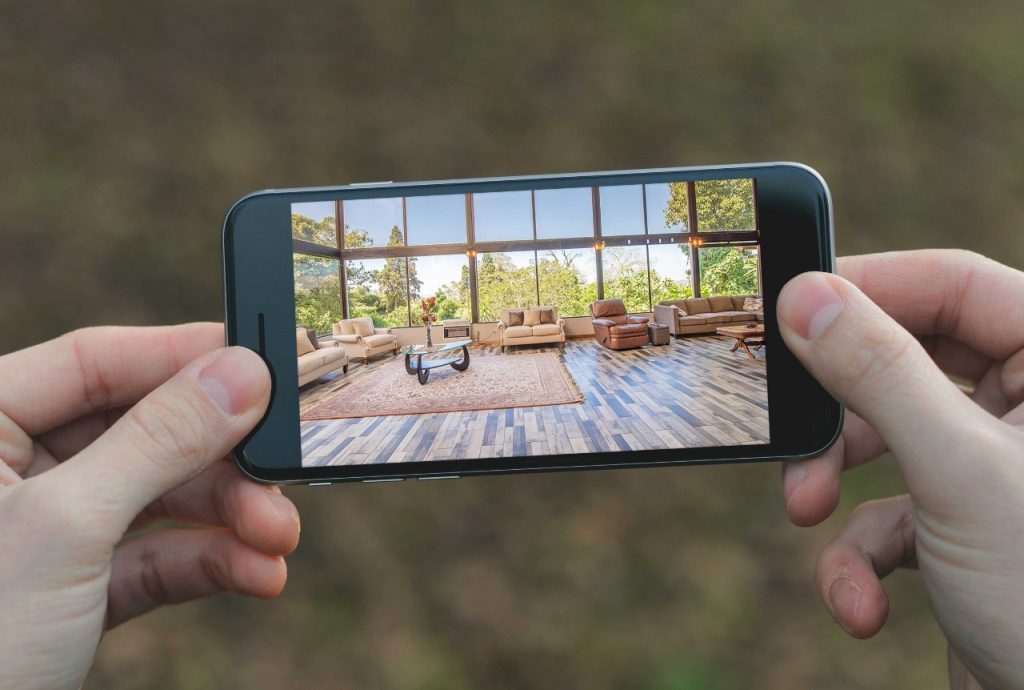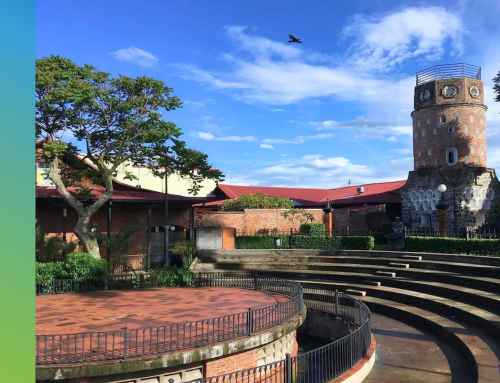The opportunities that technology provides us are incredible, through video calls now receiving virtual tours of properties that may interest you is a reality. For example, Nativu consultants are trained and more than willing to offer tours online for you to assess if the property is right for you.
But of course, just because you are comfortably watching from home does not mean you should not prepare. If you want to get the most out of your virtual showing, keep this checklist handy.
Types of virtual tours
Nativu currently has pre-recorded videos for several properties, in which the characteristics of the house or apartment are shown, so that you can get a better idea of the place, beyond just the photographs.
Even in social media platforms, some of the advisors have published videos narrated by themselves, explaining each detail in more depth.
Now also, an excellent idea to be able to get as close as possible to the experience of visiting the property in person, is to consider and ask about the option of being able to do a showing live or a virtual session with the advisor so that you can explain the videos and photographs. In that case, we recommend the following preparation questions:
Before the video call
“Is there a plan of the house that I can refer to during the tour?” This can help you get a better idea of the size and layout of the rooms. As well as comparing with other properties in a more visual and calculated way.
“How would we proceed if we experience problems with network reception?” It is good to have a plan B, as it can be that the rest of the tour is recorded specifying the doubts or topics that most interest you.
During the virtual showing
- “Does any feature or surface look worn or damaged?” It’s not always easy to tell it apart from a video, so take some time to make sure what you see on the screen matches reality.
- “What are the noise levels inside and outside the house?” If a home is on a busy street, near popular public areas, or close to neighbors, you’ll want to know if volume may be an issue.
- “Can you open the curtains or blinds so I can see all the possible views?” Don’t be embarrassed and ask the advisor about these details, which you will review in a face-to-face visit.
- If you’re touring a condo, “can you show me the common areas, like the hallways or the building’s amenities?” Having an idea of everyday life in shared spaces will help you decide if the house is a good fit.
- In carpeted areas, “can you walk around and tell me if you hear any creaking or other sounds?” Finding out that your subfloor has structural problems, after closing, can significantly increase the overall cost of the home down the road.
- “Do you notice any odors inside or outside the house that is unusual?” You don’t want to buy a home that has a lingering sewer smell or perhaps downwind from a factory, polluted river, or landfill. You will need to trust that your agent’s nose knows the area and, more importantly, what smells do not belong in a house.
After the meeting
- “Can you take me for a walk around the neighborhood?” One of the most important factors buyers consider in a new home is the appearance of the neighborhood. Taking a virtual tour can be extended to other parts of the neighborhood if your agent is willing to do so.
- “Is there anything you noticed around the house that could be cause for concern?” Since your agent is viewing the home in person, they may have noticed water damage, roof damage, a crack in the wall, or chipped trim that you didn’t. And as a professional, their goal will be to help you by being honest and making sure that the property meets your expectations.
In general, clarify the specific doubts you have according to what you are looking for: space, finishes, privacy, security, entertainment, etc. The idea of virtual showing is that you clarify the picture and have greater confidence when bidding on a house or apartment.







